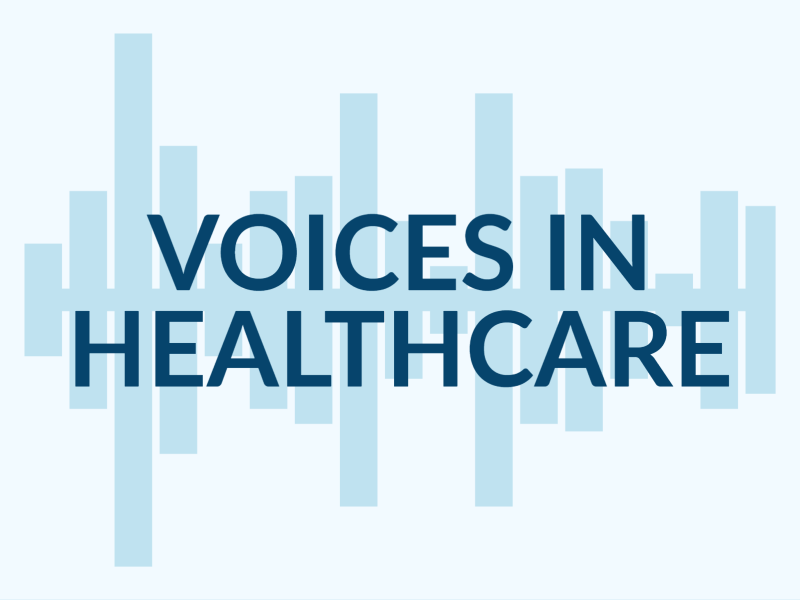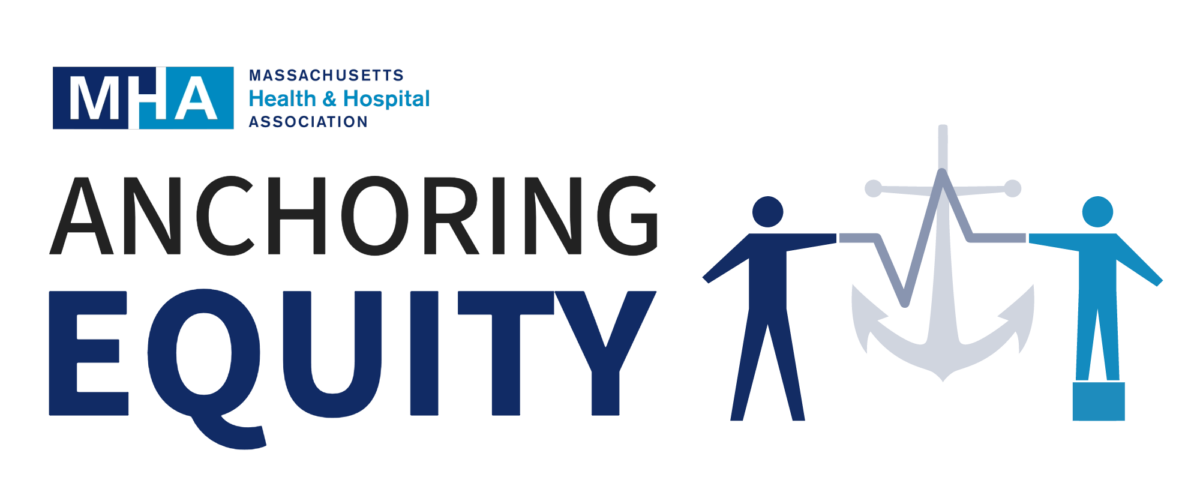ANCHORING EQUITY: Key Takeaways from MHA’s Conference on Advancing Birthing Health


MHA’s Anchoring Equity blog series profiles the work of our members as they work to advance health equity, diversity, and inclusion in their organizations and in their communities.
On November 14, the Massachusetts Health & Hospital Association (MHA) hosted its inaugural Birthing Health Equity Conference. This virtual conference featured panelists from healthcare organizations and agencies focused on policy, advocacy, and maternal care.
Participants heard from several panels on priorities to increase access to maternal care, the intersection between behavioral health and maternal care, quality improvement strategies, and the integration of doulas in the care team.
“Data as People”
Dr. Hafsatou “Fifi” Diop, assistant commissioner for health equity at the Massachusetts Department of Public Health (DPH), was the keynote speaker for the event. She highlighted results from DPH’s data brief on the state’s severe maternal morbidity (SMM) rates, which, according to the report, doubled in Massachusetts between 2011 and 2020.
The report also revealed significant inequities among people of color, people with disabilities, and people with behavioral or substance use disorders.

“We need to think of the data as people, not just statistics,” Diop said. The presentation continued with a discussion about several recommendations and initiatives DPH had taken to begin to close the gaps in maternal care, such as remote blood pressure monitoring programs.
Action through Policy
Attendees also heard from panelists on several topics related to achieving health equity for birthing persons. These sessions were moderated by (from left to right) Emily Dulong, MHA vice president of government advocacy and public policy; Izzy Lopes, vice president of health equity at MHA; Patricia Noga, R.N., MHA’s vice president of clinical affairs; and Tiffany Vassell, R.N., manager of community engagement and communications at the Neighborhood Birth Center.

Each panel shared recommendations for improving the health of birthing persons of color, including:
- creating policy that centers equitable access to care;
- using care models that integrate obstetric and behavioral health services;
- standardizing healthcare in ways that eliminate bias and incorporates the patient’s voice; and
- integrating and supporting doula services while maintaining the autonomy of doulas.

The conference concluded with presentations from Stefanie Belnavis, founder and executive director of A Bucket for the Well (left); and Lilly Marcelin, executive director of the Resilient Sisterhood Project (right).
During the closing remarks, organizations were called to center stories about the birthing experiences of black, indigenous, and other people of color and respect the self-determination of birthing persons as drivers in their own care. Attendees left the conference with an affirmation of the importance of advancing birth equity and heard numerous strategies that they can use to enact change.
An Ongoing Commitment
MHA is committed to advance birth equity by continuing to support legislation to expand and diversify the maternal health workforce and to require sustainable reimbursement for maternal healthcare.
For more information about this conference or future MHA conferences, please visit our education website. Please be sure to follow MHA on LinkedIn for additional information on our work to advance birthing equity.

 Massachusetts Health & Hospital Association
Massachusetts Health & Hospital Association